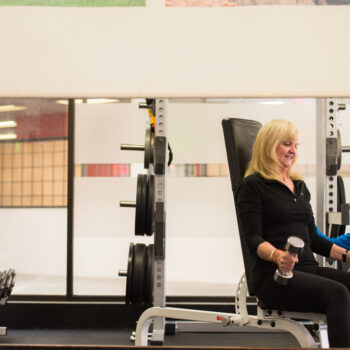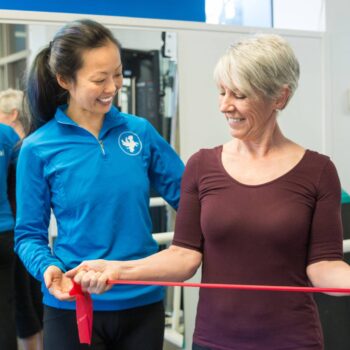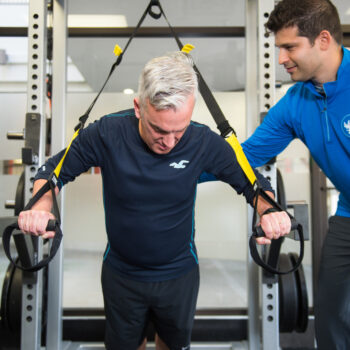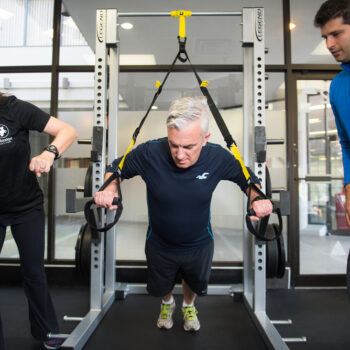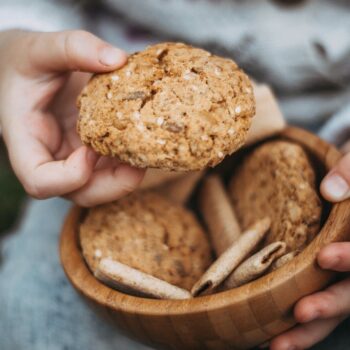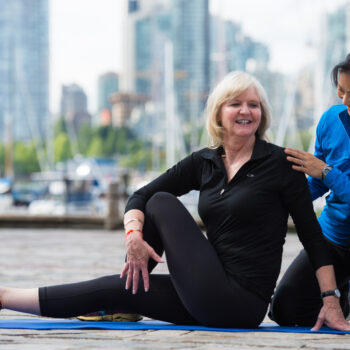
Surviving breast cancer is no small feat. In most situations, breast cancer is treated with either breast conserving surgery (lumpectomy/partial mastectomy) or mastectomy, followed by months of radiation therapy. Now that you have gone through the most challenging aspect, the next difficult task is continuing to live an active, healthy lifestyle, free of limitations.
I believe the perfect sport to engage in is dragon boating. It is a 20 person sport designed to foster teamwork while engaging in light-to-highly intensive exercise. This sport is so popular among breast cancer survivors, that they have created a designated division for these incredible individuals. In most major races, you can find dozens of teams competing in this division. In this blog, I will outline 3 reasons why I believe you should engage in dragon boating, followed by the names of local teams you can join today in the Metro Vancouver region.
Teamwork

A key component in dragon boating is teamwork. The boat will be able to move at higher speeds if every person on the boat is paddling at the same time. It does not matter how strong you are as an individual: if you cannot sync up with the rest of the boat, your efforts will be put to waste. All 20 paddlers on the boat must work together to paddle in complete synchronization in the air and in the water. However, if you do not want to paddle, but would still like to be involved in the sport, all boats require a steers person as well as a drummer at the front. The drummer must work closely with the rest of the team to coordinate specific race plans and technical calls. The steers person also has a vital role as they are responsible for making sure the boat goes straight in standard races and is able to perform tight turns during longer races such as 1 or 2 kilometer races.
Exercise

Dragon boating is a great way to get your weekly physical exercise in. Depending on the type of team you plan to join, varying levels of commitment and intensities will be present. Most sessions last anywhere between 60 to 90 minutes, often with a 15 minute warm up before and cool down following the on-water practice.
You may think dragon boating primarily focuses on upper body muscles, but in fact that is not true. The lower body is used almost as frequently as its counterpart. When taking a stroke with your paddle, your hips initiate the movement, followed by a kick off from your feet. Simultaneously, the back is extended to pull water back and engages the core for maximum rotation. Paddling in a dragon boat will allow you to complete a full body workout after every session.
Family

Participating in this sport will provide you with a second family. Spending numerous hours on a boat with the same group of people will assist with bonding between you and your teammates! It is unlikely you will be paddling for the entire duration you are on the water. Downtime in-between drills or practice pieces are inevitable, and during that time, you can really connect with others. Chances are, you will have at least a thing or two in common with every member on your team.
To promote team bonding, most teams go out to eat at a restaurant after practice to further enhance the family values of dragon boating. This is often a given after all of the hard work you have put into paddling, and a great way to replenish your energy stores. To further promote team bonding, specific day trips or activities are typically planned. This gives you an opportunity to interact with your teammates outside of paddling. This can include, but is not limited to: hiking, camping, basketball, badminton and/or dog spotting.
Local Dragon Boating Teams in Metro Vancouver
Abreast in a Boat
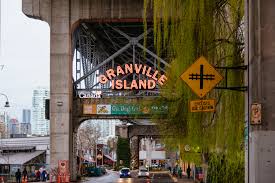
Abreast in a Boat features multiple teams of women based out of the Greater Vancouver area. They are a registered charitable society whose mission is to demonstrate that women can live full, active, and healthy lives after the diagnosis of breast cancer. Abreast in a Boat is the first all breast cancer survivors dragon boat in the world. No matter where you live in the Lower Mainland, there will often be a club near you, including Granville Island, Delta, Langley and Port Moody. Most of these teams take part in local regattas and festivals, and occasionally travel to compete. If you are looking for a team to paddle, learn, support, and laugh together, then the Abreast in a Boat crews will be perfect for you.
The Flower Ceremony

The Flower Ceremony is a traditional ceremony that evolved from a thoughtful gesture after the initial designated breast cancer survivor dragon boat race in 1996. Paddlers are encouraged to keep a pink- or fuchsia-coloured flower with them over the duration of the races, either tucked into their headband or life jacket. Immediately following the race, all breast cancer survivor boats merge together side by side and toss their flower into the water. This action symbolizes awareness for breast cancer research and honours women fighting this condition and those who have passed away.
International Breast Cancer Paddler’s Commission

The International Breast Cancer Paddlers’ Commission. (IBCPC) is the governing body for dragon boaters participating in this division. Every four years, a major festival takes place at varying locations around the world. Similar to the Olympic Games, the commission scouts out potential bids to host the festival and chooses the most ideal location. The most recent games were held last year in Florence, Italy with over 100 teams and 3000+ paddlers. The IBCPC Festival is an international, non-competitive participatory event that encourages breast cancer survivor teams to enroll. It showcases dragon boating as a healthy post-operative rehabilitative sport. Registration for the next IBCPC Participatory Dragon Boat Festival will begin next year in 2020. Since the formation of the inaugural all breast cancer survivors team in 1996 in Vancouver, we now have 166+ teams from around the world. Countries represented include but are not limited to: Argentina, Germany, Italy, Singapore and Taiwan.
Do you have any questions about living an active lifestyle, or rehabilitation following breast cancer treatment? Leave us a comment below!
Kevin Kwok – Studio Coordinator
 Kevin enrolled in numerous sports program as a child, which exposed him to an active lifestyle early in life. He played ultimate frisbee competitively at the junior level while in high school. Kevin now focuses his training exclusively on dragon boating. He has been paddling for the past 3 years and hopes to make the Canadian National Team in 2019. He hopes he can motivate others to accomplish their short and long term fitness goals
Kevin enrolled in numerous sports program as a child, which exposed him to an active lifestyle early in life. He played ultimate frisbee competitively at the junior level while in high school. Kevin now focuses his training exclusively on dragon boating. He has been paddling for the past 3 years and hopes to make the Canadian National Team in 2019. He hopes he can motivate others to accomplish their short and long term fitness goals


